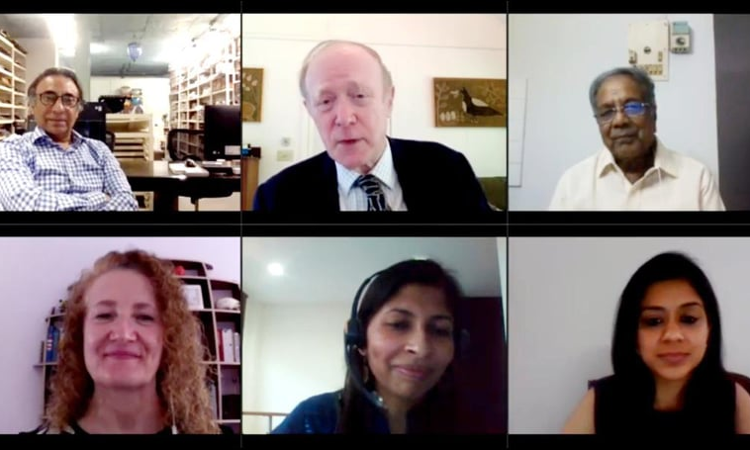Cross Border Insolvency: Should India Adopt The UNCITRAL Model Law?
LIVELAW NEWS NETWORK
27 Jun 2020 1:29 PM IST

Next Story
27 Jun 2020 1:29 PM IST
The fourth in the series of webinars organized by the UNCITRAL National Coordination Committee, India (UNCCI) with UNCITRAL Regional Centre for Asia and the Pacific ("UNCITRAL RCAP") and the Faculty of Law, Manav Rachna University was held on 6 June 2020. The discussion was on Cross Border Insolvency: Should India Adopt the UNCITRAL Model Law, 1997" A panel of eminent speakers...
